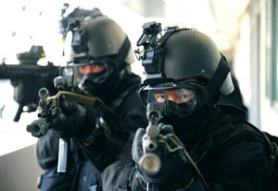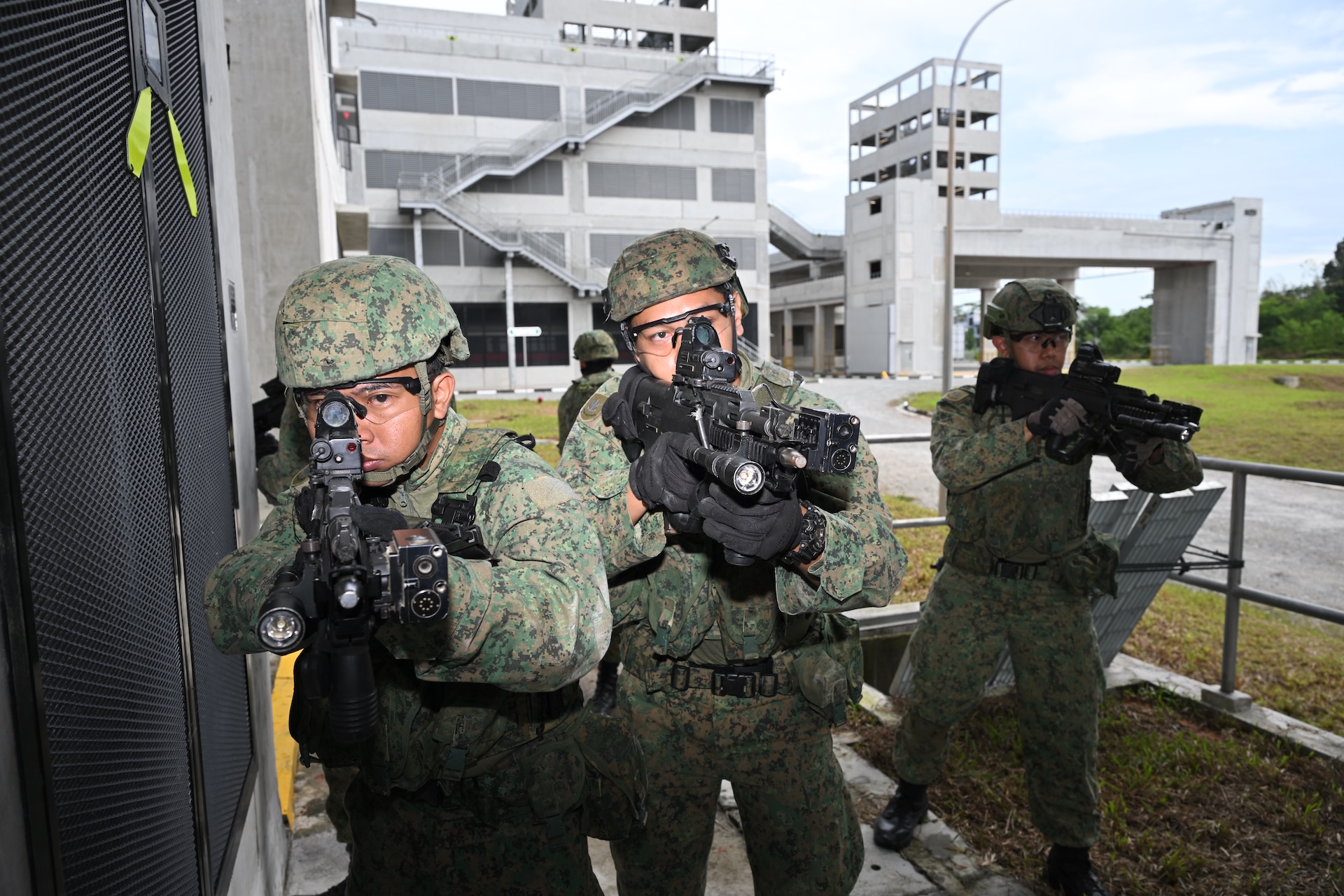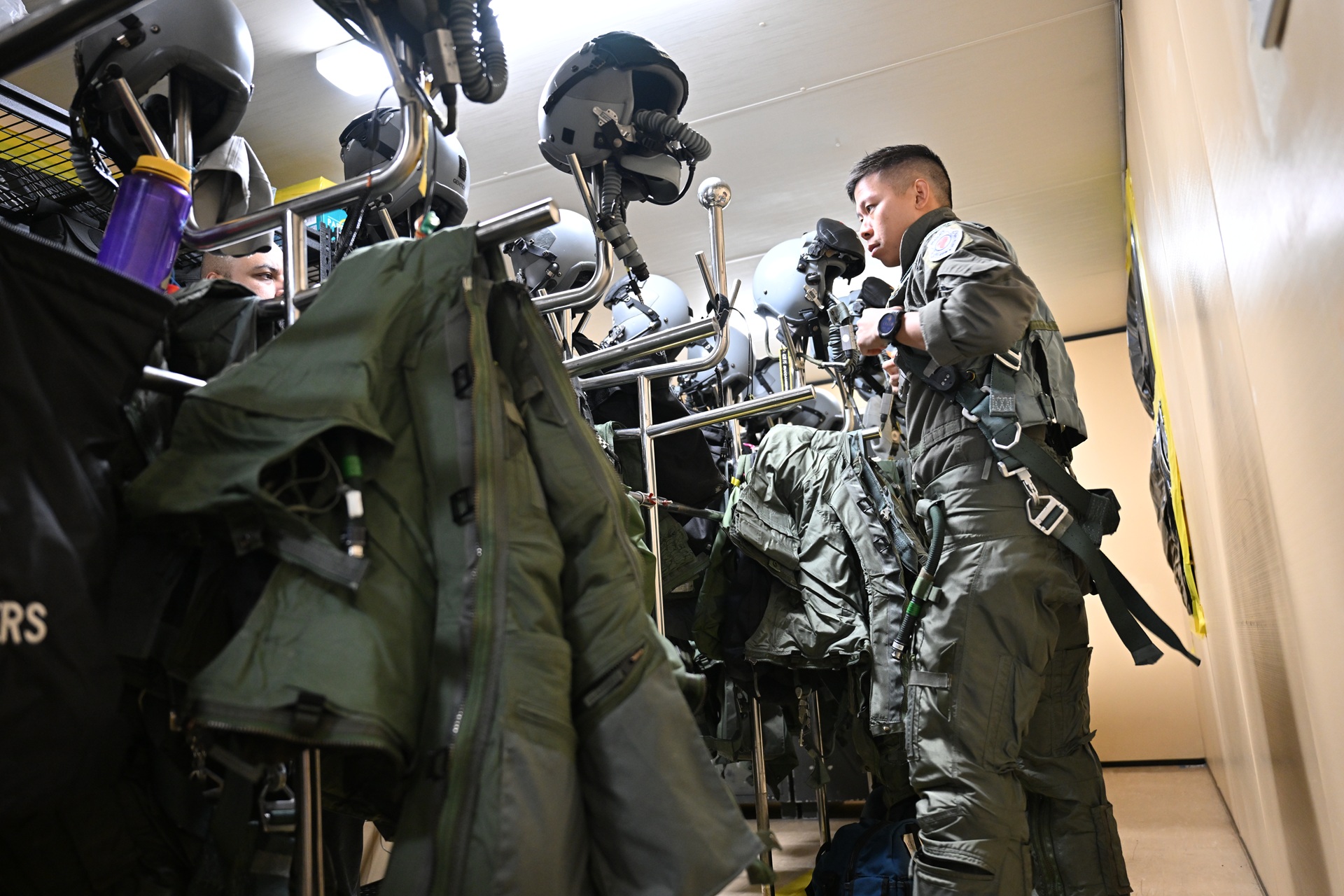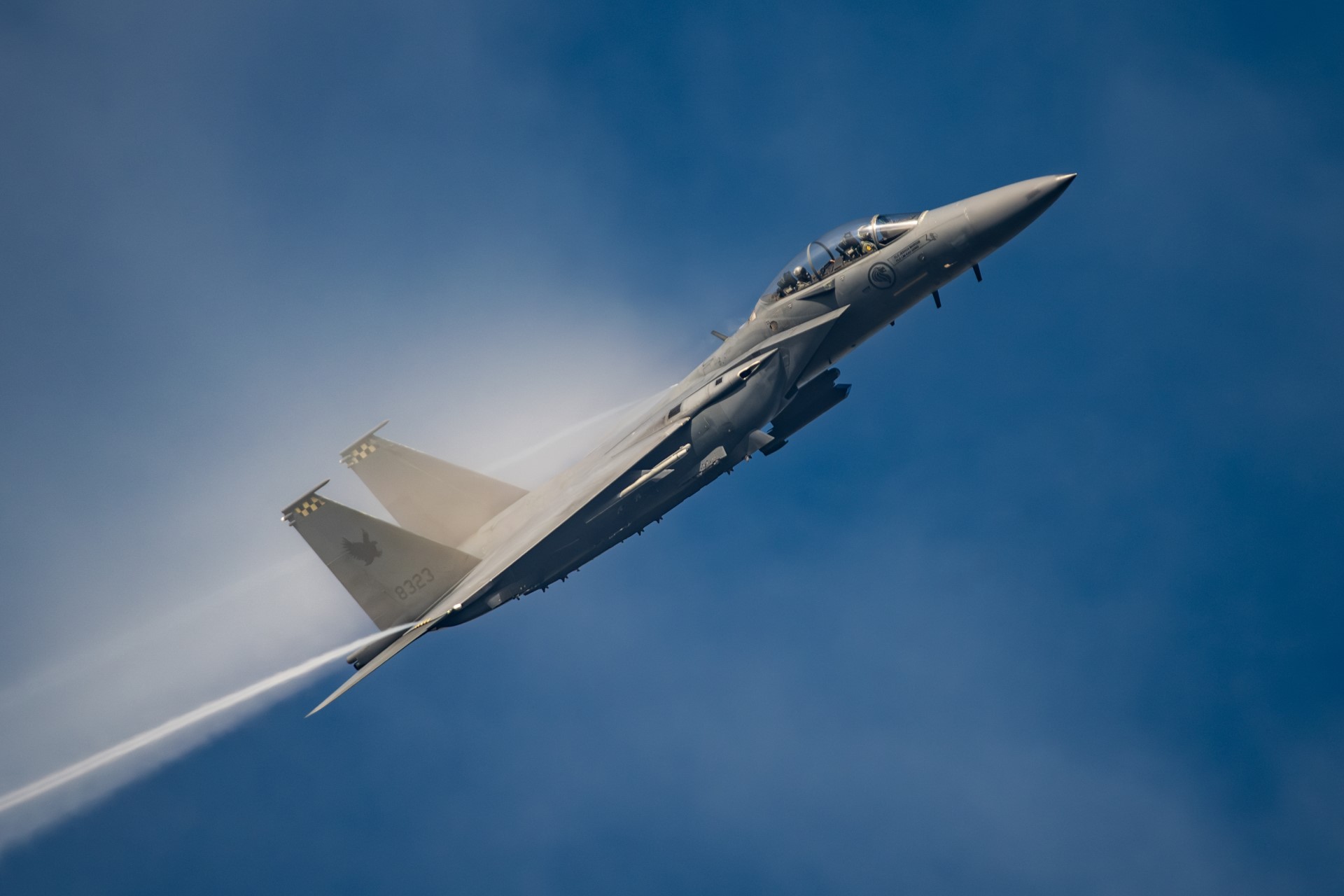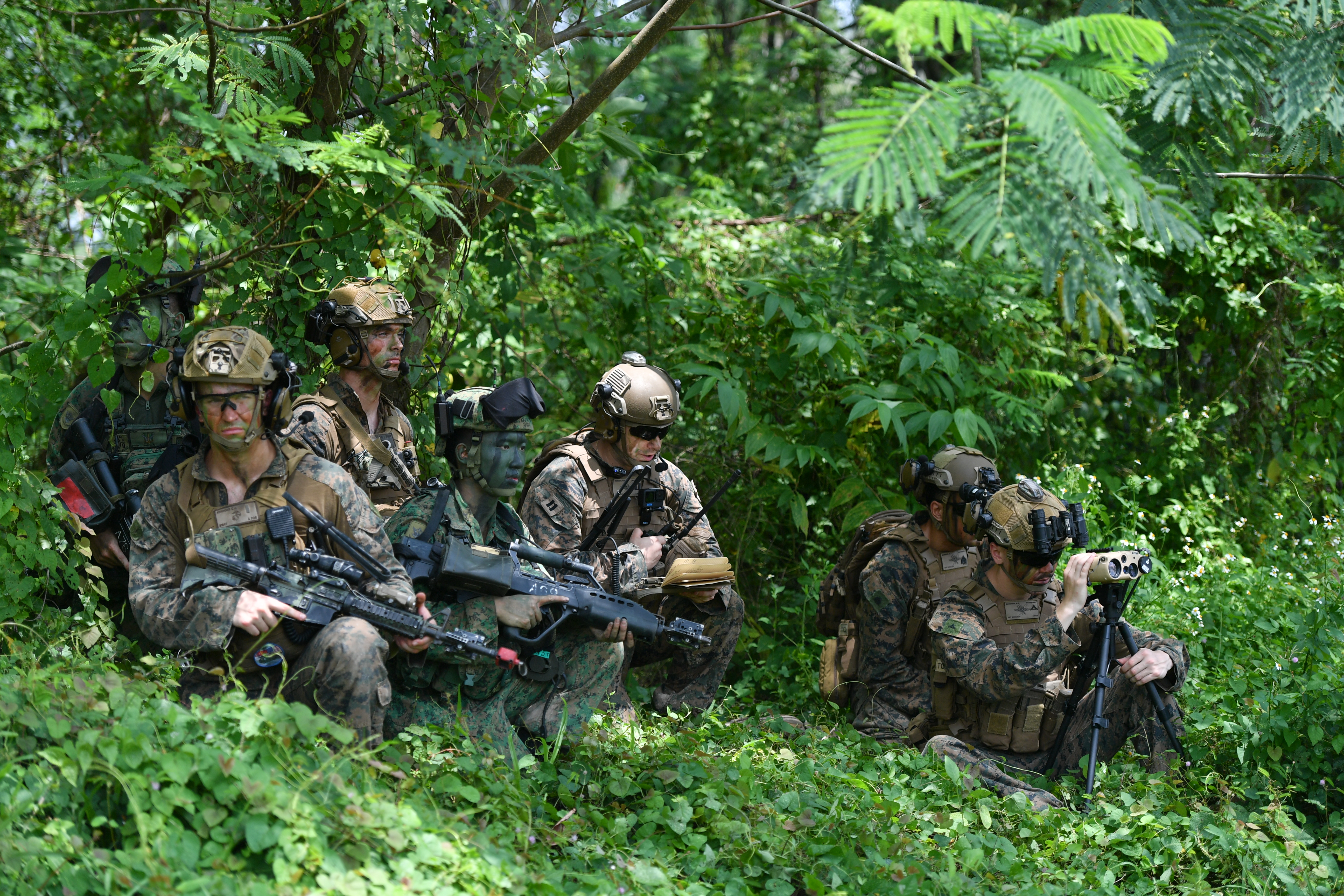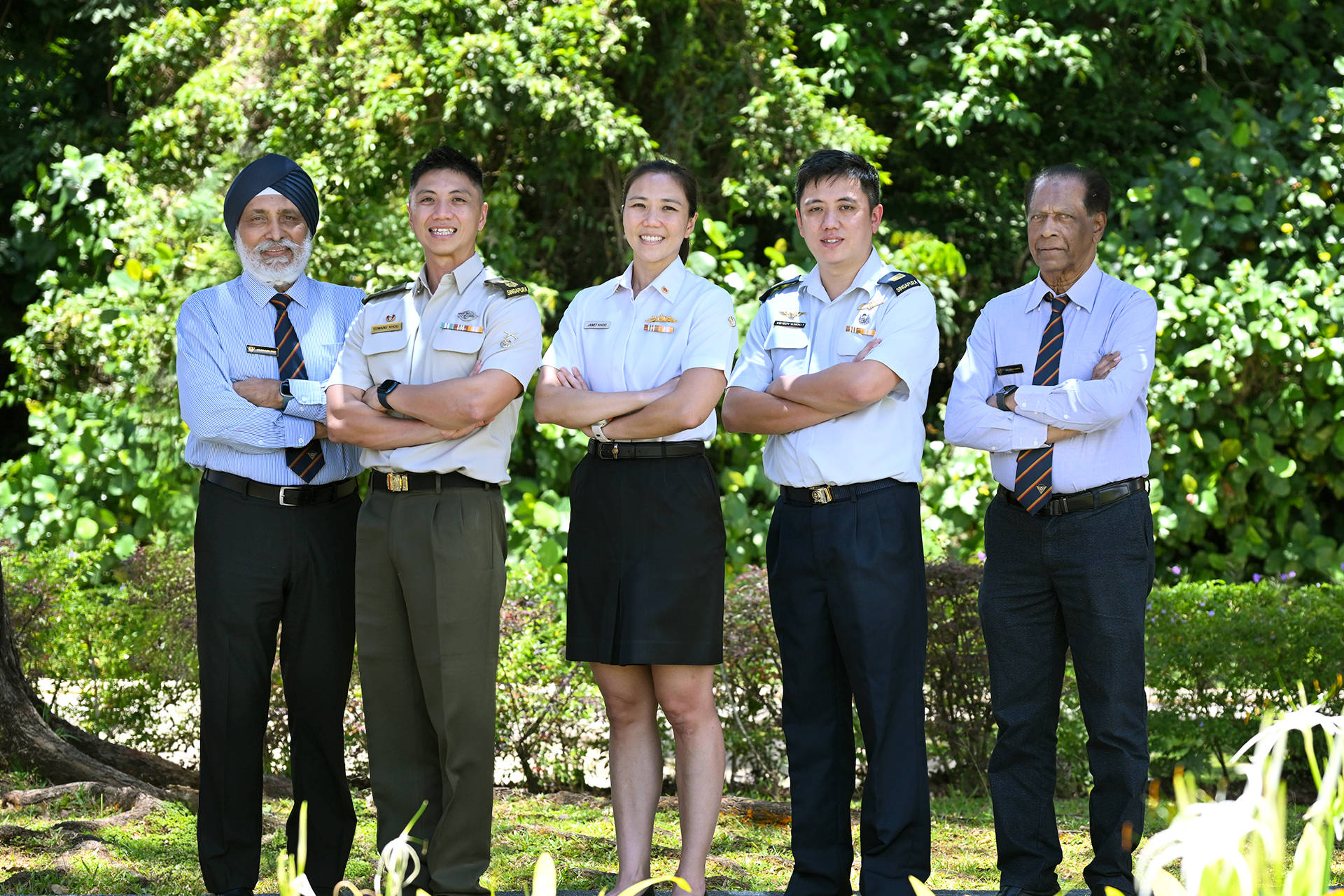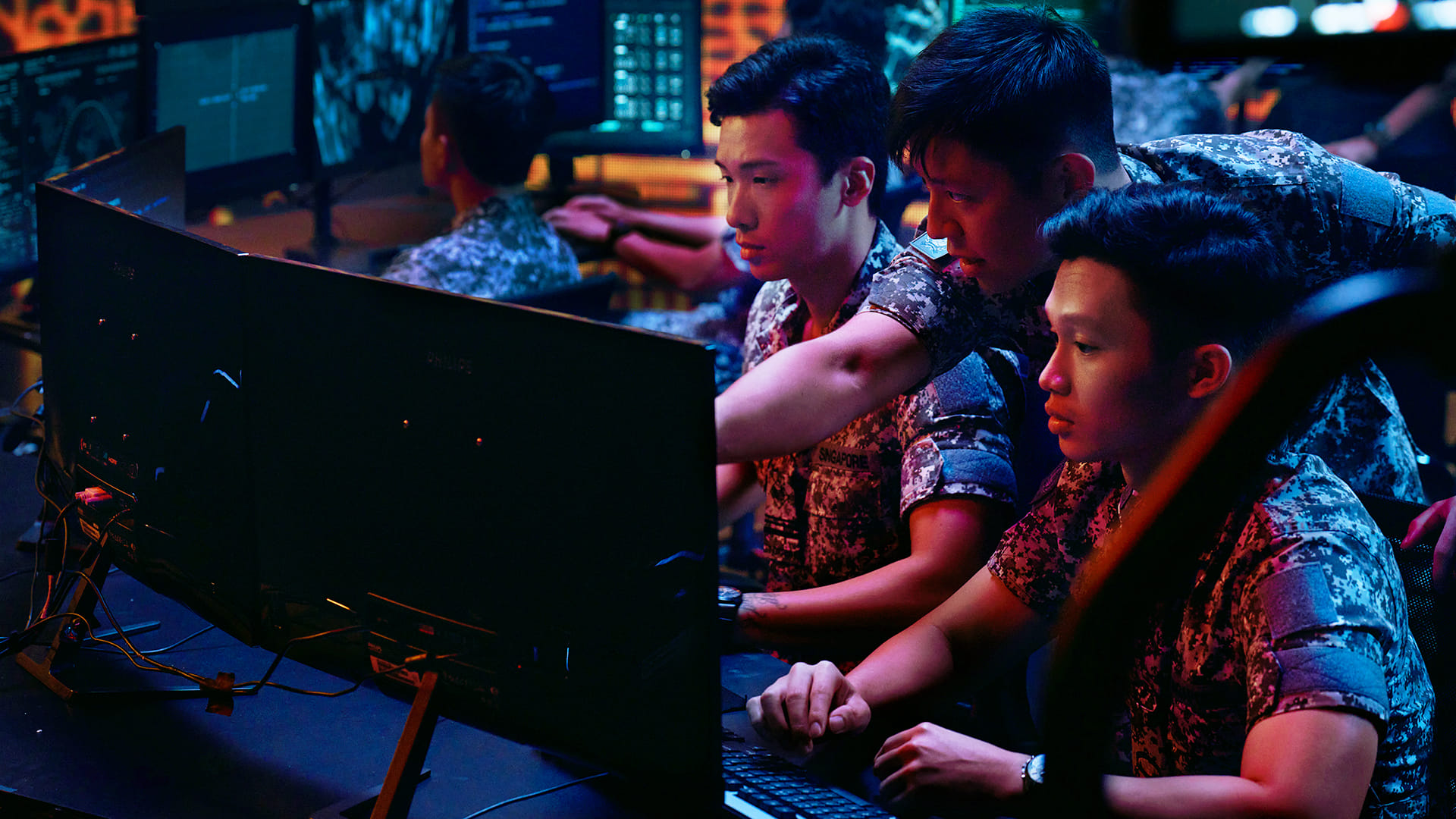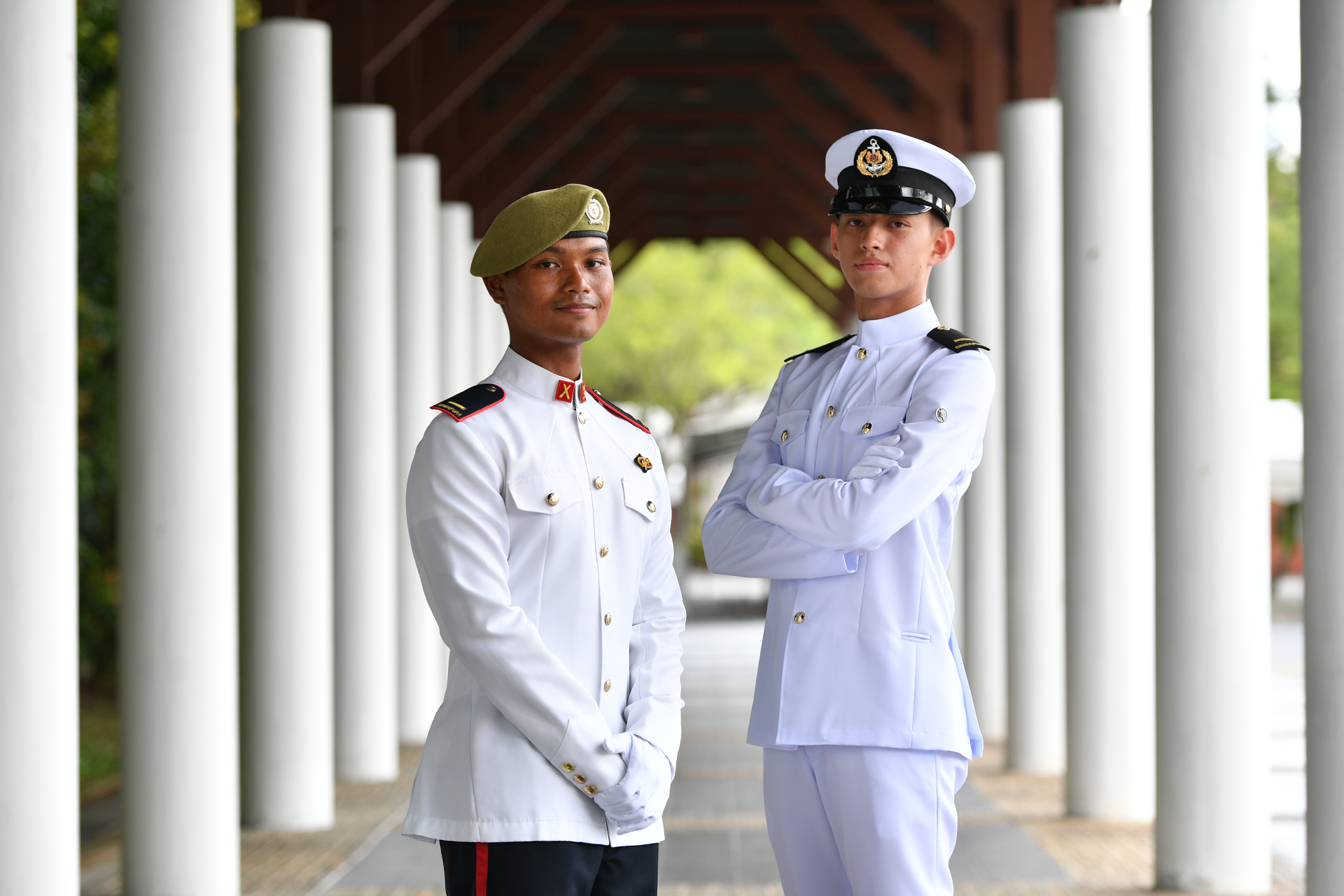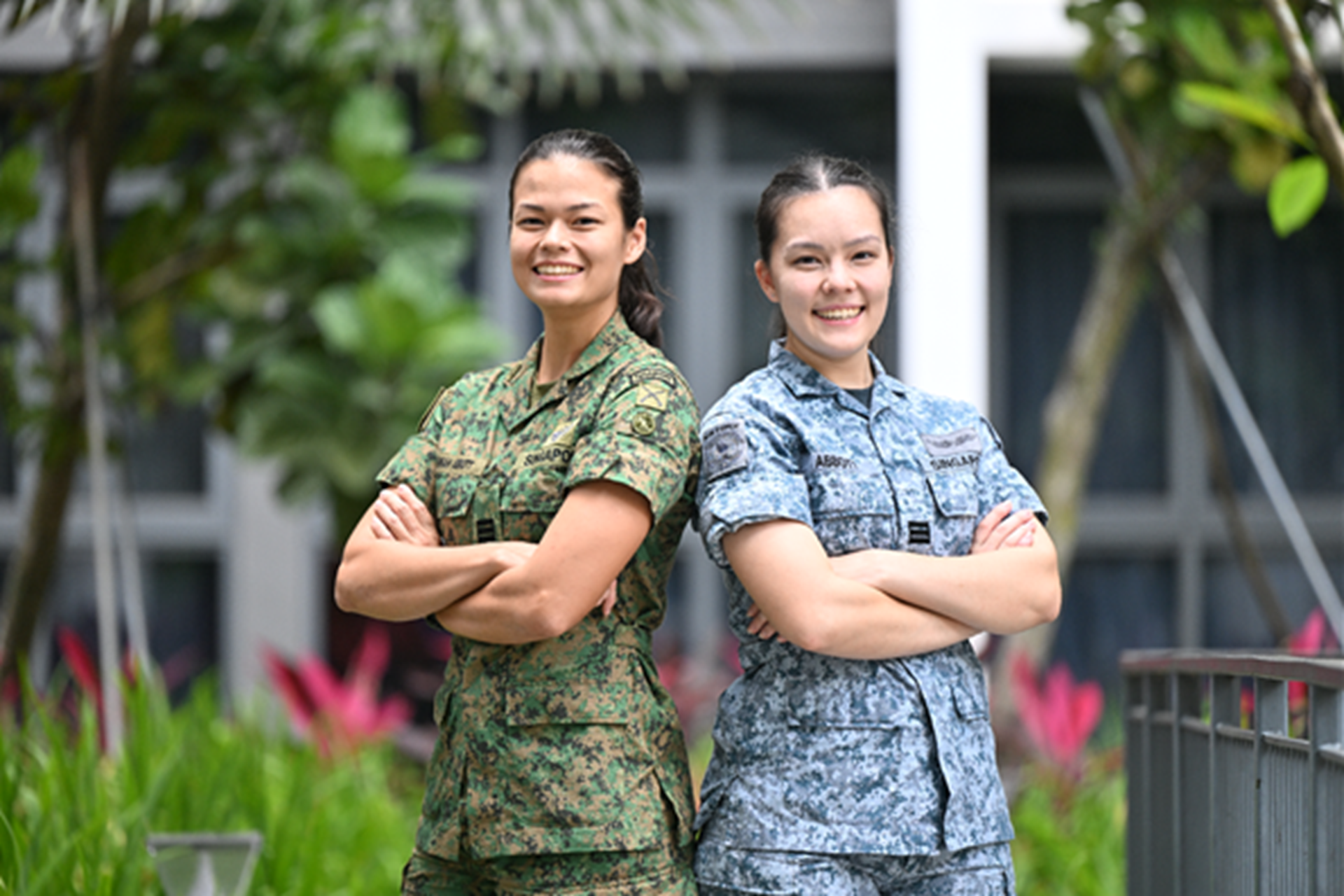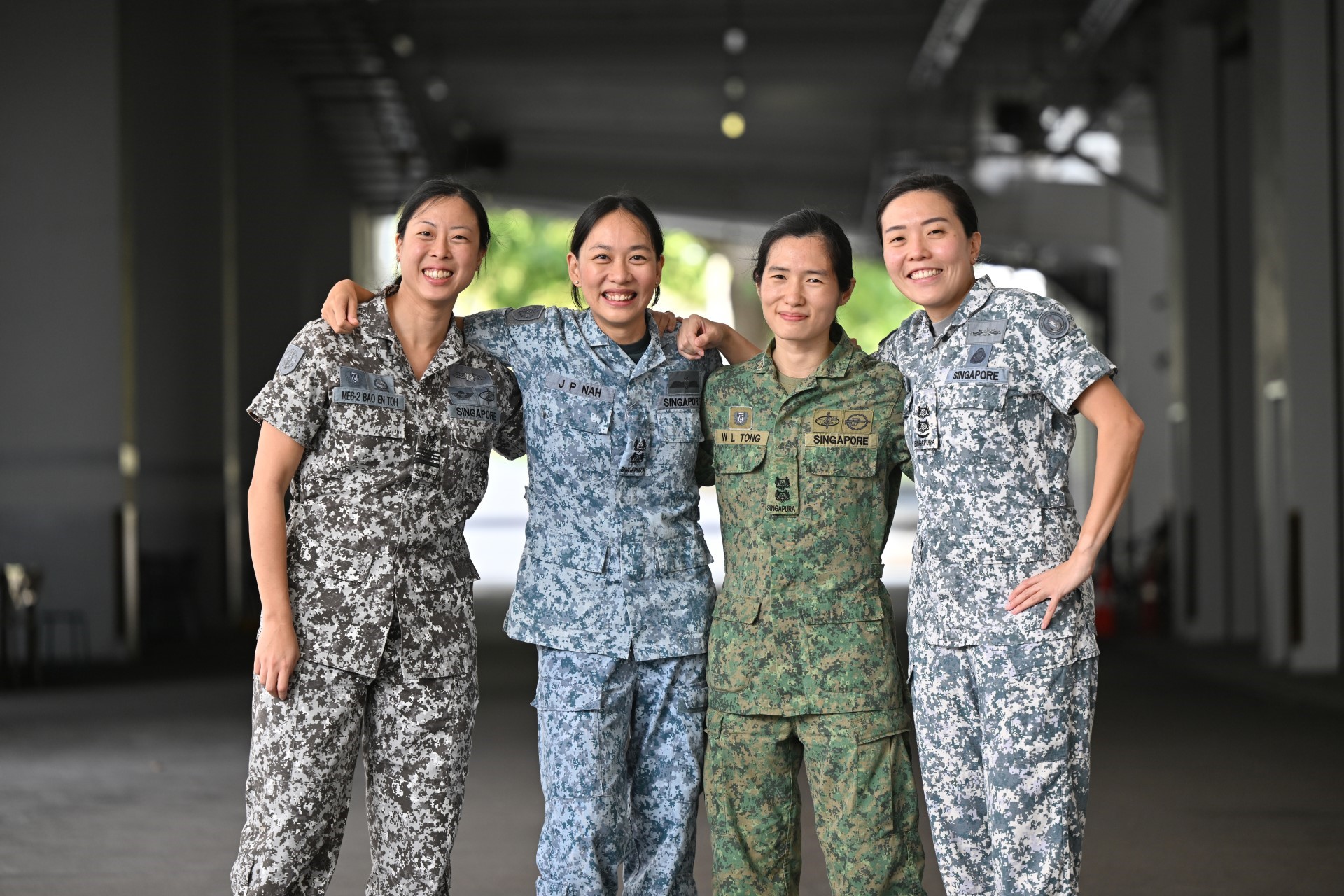UNITED SPECIAL FORCES
PHOTO // Chai Sian Liang
The recent Exercise Northstar showcased the capabilities of the newly formed Special Operations Task Force (SOTF) as it worked together with other national security agencies to contain and overcome a "terrorist attack" on Singapore.
Mirroring the concurrent attacks seen during the Mumbai incident last year, this year's Exercise Northstar saw a 15-man terrorist group land in Singapore via various land and sea routes.
Splitting into groups of two to three men, they proceeded to their targets, which included hotels and shopping malls, to execute a series of coordinated attacks.
The terrorists took some hostages, barricaded themselves in a ballroom of Rasa Sentosa Hotel and made demands for safe passage out of the country.
What they did not know was that the SOTF had been activated. Using Super Puma helicopters from the Republic of Singapore Air Force (RSAF) and boats from the Naval Diving Unit (NDU), SOTF troops swept in and stormed the terrorists' stronghold. In a hail of gunfire, the terrorists were overpowered and the hostages freed in the dramatic finale of the exercise.
Tailor-made responses just a phone call away
The Northstar scenario was an example of multi-faceted security threats that confront countries all over the world today. To enhance its ability to respond to such threats, the Singapore Armed Forces (SAF) has put its special operations units under a joint headquarters.
"With the establishment of SOTF, we are better able to handle any kind of security threat or incident that could harm homeland security," said Colonel (COL) Lam Shiu Tong, Commander SOTF and Chief Commando Officer.
All special forces of the SAF now come under the ambit of the SOTF. What this means is that the SAF is now able to quickly coordinate troops with specialised skills and customise its responses to threats speedily.
All special forces of the SAF now come under the ambit of the SOTF. What this means is that the SAF is now able to quickly coordinate troops with specialised skills and customise its responses to threats speedily.
This is further aided by the presence of planners from the Army, Navy and Air Force. These planners will be kept informed of incidents that may involve the SOTF. As a result, they can quickly call up, when needed, the appropriate resources from their respective Services to meet the specific requirements of the mission at hand.
"With the SOTF, all the special forces are literally a phone call away," said COL Lam.
Said Deputy Prime Minister and Minister for Defence Teo Chee Hean: "The SAF has become more integrated, reflecting the multi-Service and even multi-agency approach that we take in operations."
Multi-role force
Besides its role in homeland security, the SOTF will also play a part in international security, particularly on the high seas as it has the capability to intercept ships suspected of carrying weapons of mass destruction.
This capability is complemented by the Proliferation Security Initiative (PSI) which allows forces from almost 100 states to intercept and detain materials found on board ships registered in the signatory nations. Singapore has been a part of the United States-led PSI since 2004.
The SOTF can also conduct evacuation and rescue operations. It is capable of rescuing hostages and even evacuating Singaporeans out of harm's way in any part of the world.
In the event of war, the SOTF troops can be deployed into enemy territory to conduct strategic operations.
Cross-trained yet specialised
Within the SOTF, the individual units will continue to be highly specialised forces. The NDU will drive doctrine development and training related to diving because they are the experts in this field. Likewise, the Commandos will do so for parachute operations.
The training to be a part of the SAF's special forces is set to change. Potential SOTF troops will now undergo the Special Forces Qualification Course where they will receive the necessary training to become part of the task force.
"We are not losing our individual identities as Divers and Commandos, but gaining a valuable partner in each other's skill sets," said COL Tan Tai Tiong, Commander NDU and Deputy Commander SOTF.
